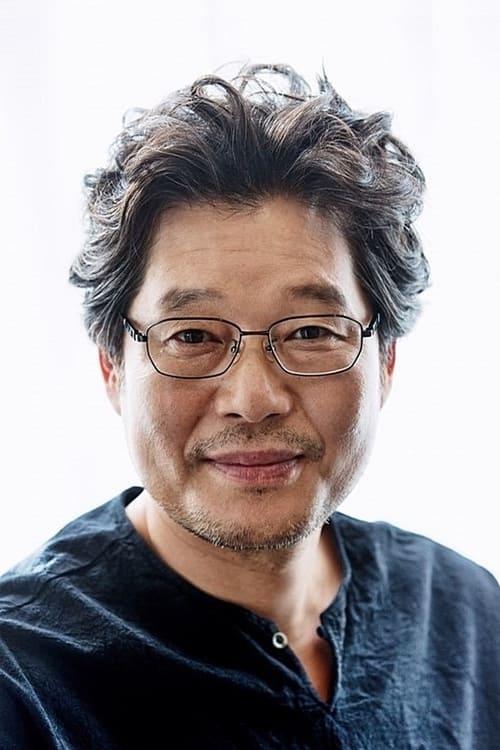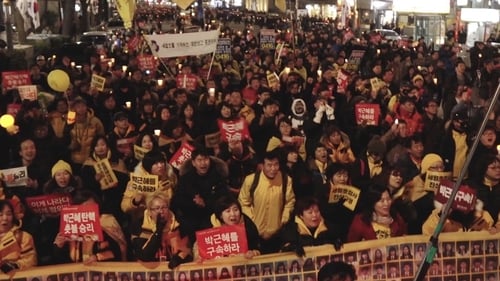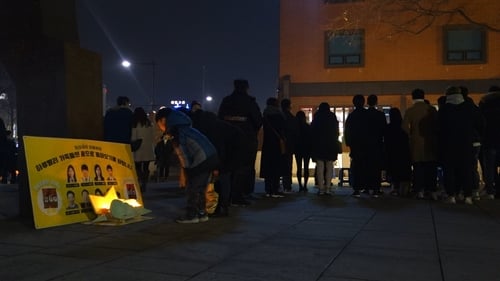After Spring (2018)
Género : Drama
Tiempo de ejecución : 1H 12M
Director : Jang Jun-yeop, Jin Cheong-ha, Jeon Shin-hwan
Sinopsis
Three part omnibus film, with each story connected to the 2014 Sewol ferry disaster, in which over 300 people, many students, perished when the ship sank.

Un policía corrupto que huye de un tenaz agente de asuntos internos se une a una atrevida adolescente para desentrañar una conspiración antes de que sea demasiado tarde.
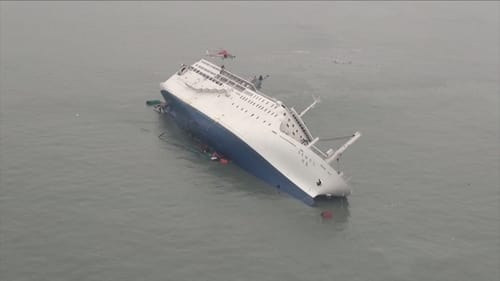
Cuando el ferry de pasajeros MV Sewol se hundió frente a las costas de Corea del Sur en 2014, más de trescientas personas perdieron la vida, la mayoría de ellas escolares. Años más tarde, las familias de las víctimas y los supervivientes siguen exigiendo justicia a las autoridades nacionales.
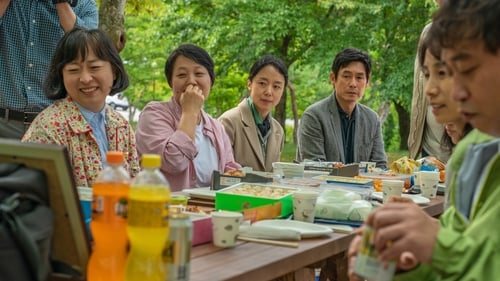
Después de abril de 2014: una historia de los que quedaron atrás Jung-il y Soon-nam extrañan a su hijo, Su-ho, quien falleció en un terrible accidente. El anhelo de su familia por él solo aumenta a medida que se acerca su cumpleaños. El cumpleaños de Su-ho sin Su-ho: la familia y los amigos planean reunirse y presentar sus recuerdos especiales de él como regalos. Un día al año, donde todos nos reunimos para usted: "Nunca lo olvidaremos".
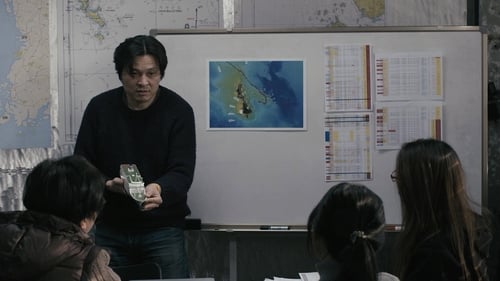
A documentary that scientifically analyses and tracks down the route of the Sewol Ferry that sank on the 16th of April in 2014 using its AIS to discover the cause of the unconfirmed sinking.

304 people drowned as the car ferry sank. Four fathers recall their memories of their children; high school students who were on their field trip. Professors, lawyers, journalists, an activist, a diver, and a politician explain why the system ultimately allowed the tragedy to occur. What is stopping the next tragedy? The world has turned upside down.

Three part omnibus film, with each story connected to the 2014 Sewol ferry disaster, in which over 300 people, many students, perished when the ship sank.

A documentary on the South Korean ferry disaster that claimed the lives of more than 300 passengers in April, 2014.

A documentary that reports on the the rescue failure of the Sewol incident. In the days of media control, Park Geun-hye and her government sabotaged the screening of "Diving Bell" at the Busan International Film Festival.


On the 16th April 2014 South Korea was changed as a nation. After the days, weeks and months that followed the Sewol tragedy, the country became undone, untrusting and more divided than we have ever seen in its history. "After the Sewol" explores the changing faces of this nation through the eyes of two British film makers. They talk with relatives of the victims, rescue divers and activists about their struggles and battles since this tragic accident happened and embark upon a journey to uncover how this accident came about, looking deep into Korean history about why no action was taken to prevent it in the first place. This journey takes them all over Korea, meeting an older generation struggling to create a safer place for their children to live in and a young vibrant generation fighting for a corrupt free society.But, all of them searching for one thing, the truth about why the Sewol victims died.

In April 2014, the entire nation of South Korea watched on television live as The Sewol capsized off the coast of Jindo. The tragedy left life-long wounds in the hearts of people whose family and friends had been among the 304 passengers killed. The majority of the victims were high school students on a school trip. Their parents were not even given the luxury of grieving, as they had to camp out in front of the Parliament, City Hall and the Presidential House, asking for only one thing - to know the truth about why their children had been left to die. But after more than a year, that truth has yet to be brought to light. This film is a documentation of the year-long struggle and painful soul-searching of people destined to be labelled as 'bereaved families' for the rest of their lives, as they come face to face with the naked face of their cruel country.

Yoo Kyung-geun, who lost her daughter Ye-eun in the Sewol Ferry Disaster, sits down at the podcast production studio. It is to meet with the bereaved families of numerous social disasters before and after the Sewol Ferry Disaster. They are Hwang Myung-ae, the mother of Han Sang-im who died in the 2003 Daegu Subway Fire, Ko Seok, the father of Gahyun and Nahyun who died in the 1999 Sealand Youth Training Center Fire, and Bae Eunsim, the mother of Lee Hanyeol who died in 1987's June Struggle. The bereaved families talk about "the life after" and their daily lives, and Yoo Kyung-geun learns to live without Ye-eun.

A Documentary by Minsu Park.

The film traces PARK Geun-hye's life back to the 1970s, when the leader-follower relationship began between PARK, who became the first lady of the Yushin regime, and CHOI Taemin, the leader of a pseudo-religion. It then examines the Sewol ferry incident, CHOI Soonsil Gate, candlelight rallies, and finally the impeachment.

An old man living on the island of Mireukdo lives a self-sufficient life, adhering to ascetic principles typical of a monk. Now and then the phone rings and shortly thereafter a visitor arrives; the old man dutifully prepares rice cakes for them. The cakes are the last meal these visitors will eat before embarking on the seemingly long journey to the next world. The first to arrive is an angler, then a rat, and the last a teacher and two students.
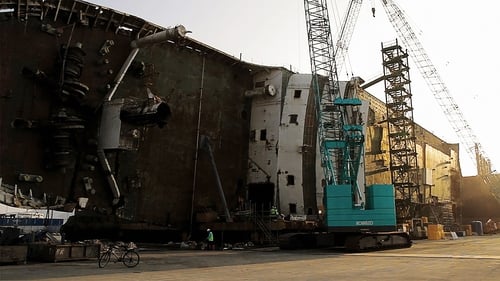
A thousand lies to conceal the truth of the Sewol Ferry. As many as 1,000 ships, 160,000 AIS data, were manipulated to hide the truth behind the sinking of the Sewol Ferry on April 16, 2014. Who are the organizers of this and why did they build a ghost ship! We must ask persistent questions. Since that day, nothing has been revealed yet. Government AIS data of a thousand lies. Now it is time for the Korean prosecution to answer.



